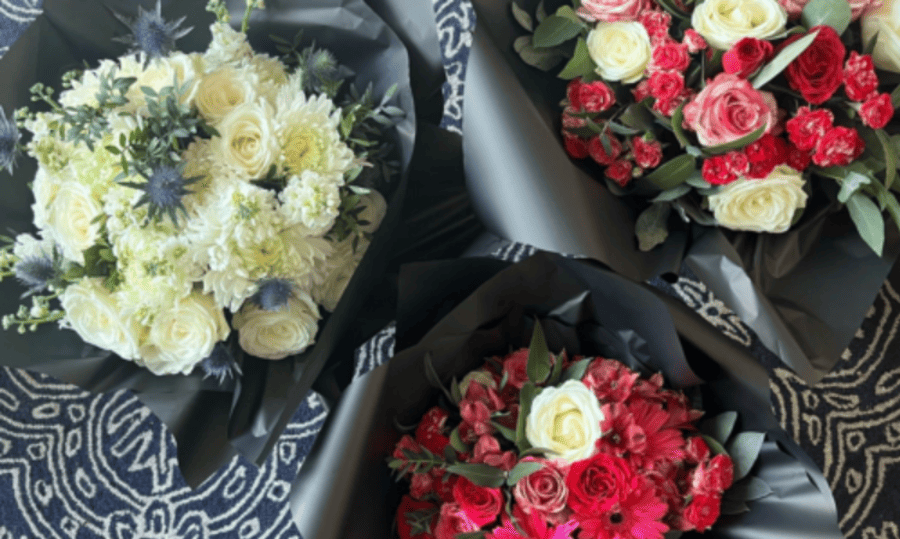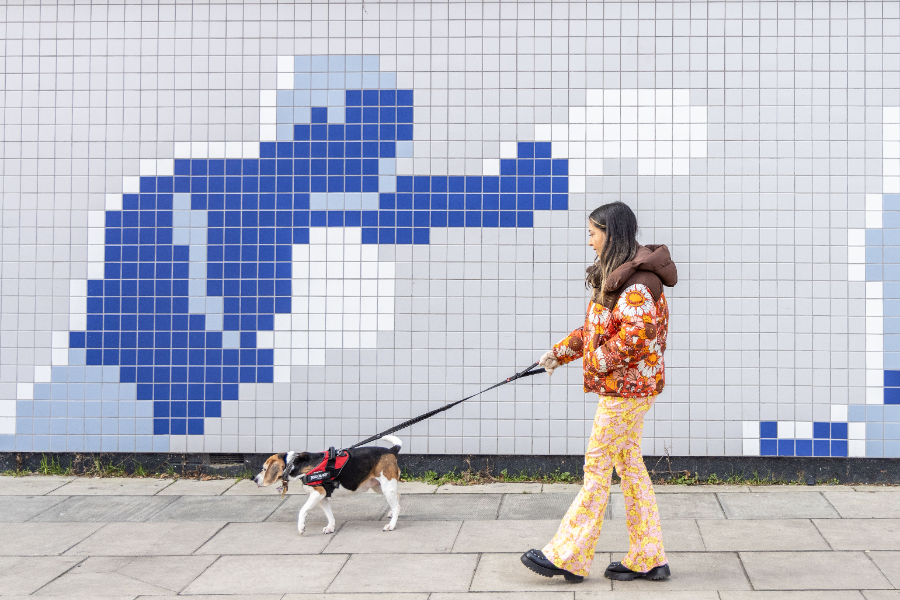
Report findings from Young Researcher-in-Residence programme (YRiR) captures qualitative data from five UK areas including Barking & Dagenham on how young people experience public spaces. Findings reveal:
- a 25 year old woman has less mobility than a 16 year old boy
- only 26% of young women feel local green spaces have something for them, compared to 63% of young men
- only 31% of young women regularly used parks, compared to 63% of young men;
- only 6% of young women used football pitches and basketball courts regularly; compared to 50% of young men;
Report concludes that qualitative feedback from young people is vital for planners and developers to design safe and inclusive public youth spaces
The research in Barking and Dagenham was carried out with the support of Countryside’s Beam Park development, partner funders L&Q and Simple Life and partner Future Youth Zone
Thursday 19th October 2023: Countryside Partnerships, the UK’s leading mixed-tenure developer, the London School of Economics and Political Science (LSE) and Make Space for Girls, a charity which campaigns for parks and public spaces to be more welcoming for young women, have launched a report revealing the safety and inclusivity concerns experienced by young people, particularly young women, across five UK areas including Barking & Dagenham following a qualitative 12-month research programme with 57 young people aged 16-27.
Recognising the value of consultation to help inform public space provision, developer Countryside Partnerships commissioned Dr Julia King, LSE Cities, to develop the Young Researcher-in-Residence (YRiR) programme, working with charity Make Space for Girls (MSFG). The YRiR programme is a paid curriculum learning and working experience with young adults for them to better understand the built environment. The aim is that the report findings from the young researchers will help developers and planning authorities improve the safety and inclusivity of public spaces.
A total of 20 researchers aged 16-27, with 16 identifying as women and four identifying as men, were appointed from the London boroughs of Brent, Barking and Dagenham and Lambeth and from Ashmere in Kent and Hemel Hempstead in Hertfordshire with support from Countryside’s project partners MTVH, L&Q, Simple Life and Latimer, the development arm of Clarion Housing Group. Involving a series of public space assessments locally for the researchers to explore how young adults experience these spaces, the programme assessed the common research themes of safety, transport, public amenities, youth facilities and play and having a voice and being heard. The researchers’ work is supplemented by the voices of 37 additional local 16-27 year old people (25 identifying as women, and 12 as men).
The report highlighted some disturbing trends for the safety of young people, particularly young women, in their local areas, with the overall findings revealing:
- Young people have serious safety concerns in their local area and this particularly affects young women’s movements around and use of the public realm
- Young people have complex ‘non-typical’ transport patterns, they predominantly use buses and walk, and there are differences in transport methods for young men and women
- Young people perceive existing typical youth facilities (pitches, skateparks and BMX tracks) as male dominated and easily taken over by groups of young men; young women therefore overwhelmingly do not use these
Speaking of their experience conducting the research in Brent, London, one of the programme’s 20 year old female researchers said:
“Make Space for Girls emphasised the importance of including those who will be affected by policies in the decisions that are made, bringing a fresh perspective to public planning and policy. It was through the use of a curriculum I found discussions of greater substance were held, enabling a diverse range of experiences to be identified and explored. In participating in this project, I was provided with the opportunity to develop and directly apply my social scientific and analytic research skills to sociology and urbanism. It is my hope that through the publication of the report, the discourse surrounding public spaces will start to change.”
Julia King, LSE Cities said: “This project stems from a recognition that young people, especially young women, are excluded from public realm planning and design processes and provisioning. And that there is little focus on young people’s experiences of the public realm and less still on young women’s. Rather than have designers and planners second guess, we found that young adults, young girls and young women, can easily articulate their unmet wants and needs. There isn’t an “off the shelf” solution. The key to making space work for girls and young people is talking to girls and young people, to understand their take on their local spaces, the barriers they face to enjoying these spaces and involving them in the design process.”
Imogen Clark, Make Space for Girls, said: “The young people engaged as Researchers in Residence have produced incredibly rich quantitative and qualitative insights, showing how gender impacts young people’s experience of parks and similar public spaces. The results of their work show how girls and young women are particularly disadvantaged by common approaches taken to creating the public realm; and also that different approaches would be welcomed by lots of boys and young men as well. We hope that their work will be a catalyst to support developers and local authorities who want to create public spaces that work better for more young people.”
Mike Woolliscroft, Vistry Group Business Improvement Director and London Divisional Chair, said: “As the leading UK mixed-tenure developer, the quality of the facilities and public spaces that surround our schemes are vital in creating long-term sustainable environments where diverse communities can thrive. The work Countryside has been doing with LSE and Make Space for Girls is not just important for Countryside but for the development community as a whole and we hope that the findings of this report will encourage all stakeholders responsible for planning in this country to engage in meaningful consultation with young people to help inform youth provision in public spaces.”
Niamh Waldron, ESG Director, from partner funder Simple Life, said: “Simple Life is delighted to have partnered with Countryside Partnerships, LSE Cities and Make Space for Girls to ensure the funding of this research programme with young people and the built environment, in communities in which we operate. As part of our commitment to developing and supporting strong communities we look forward to building upon the findings and engaging further with young people to see action and positive impact as next steps.”
Jacqueline Esimaje-Heath, Director of Development Growth from partner funder L&Q, said: “Residents are at the heart of everything we do at L&Q. Inclusion is one of our core values as a business and we always seek to make our homes, facilities and public spaces as inclusive and welcoming as possible – for everyone. This important study by the LSE and Makes Space for Girls brings home, very clearly, what we can do to make spaces inclusive for young women and girls. This report’s findings are crucial for any developer or local authority wanting to engage with local communities in creating great places to live that are welcoming to all.”

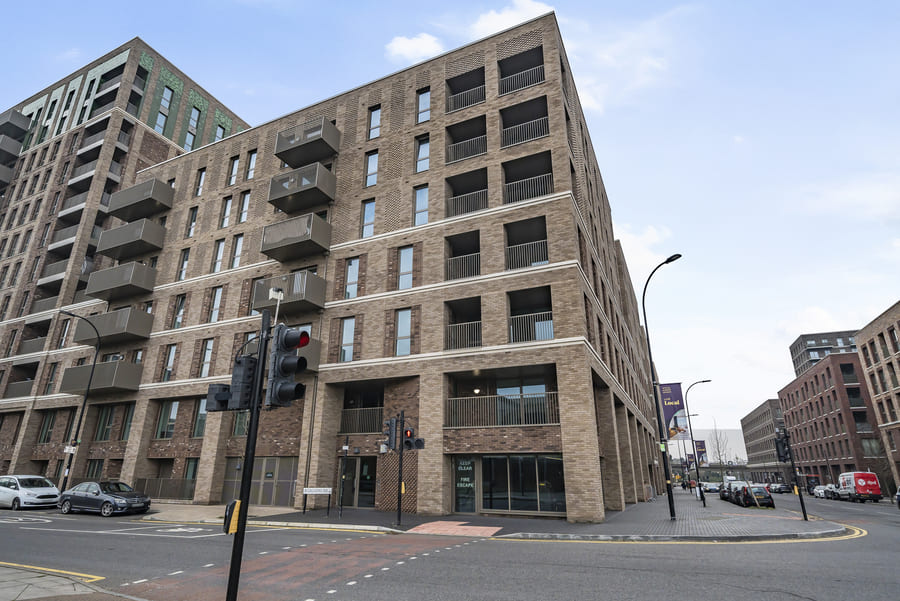





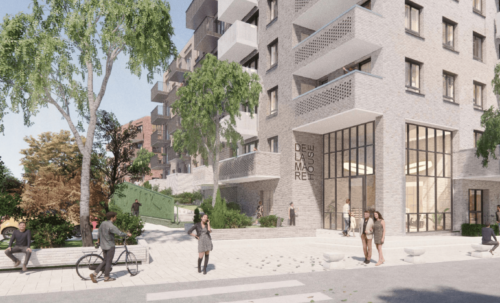

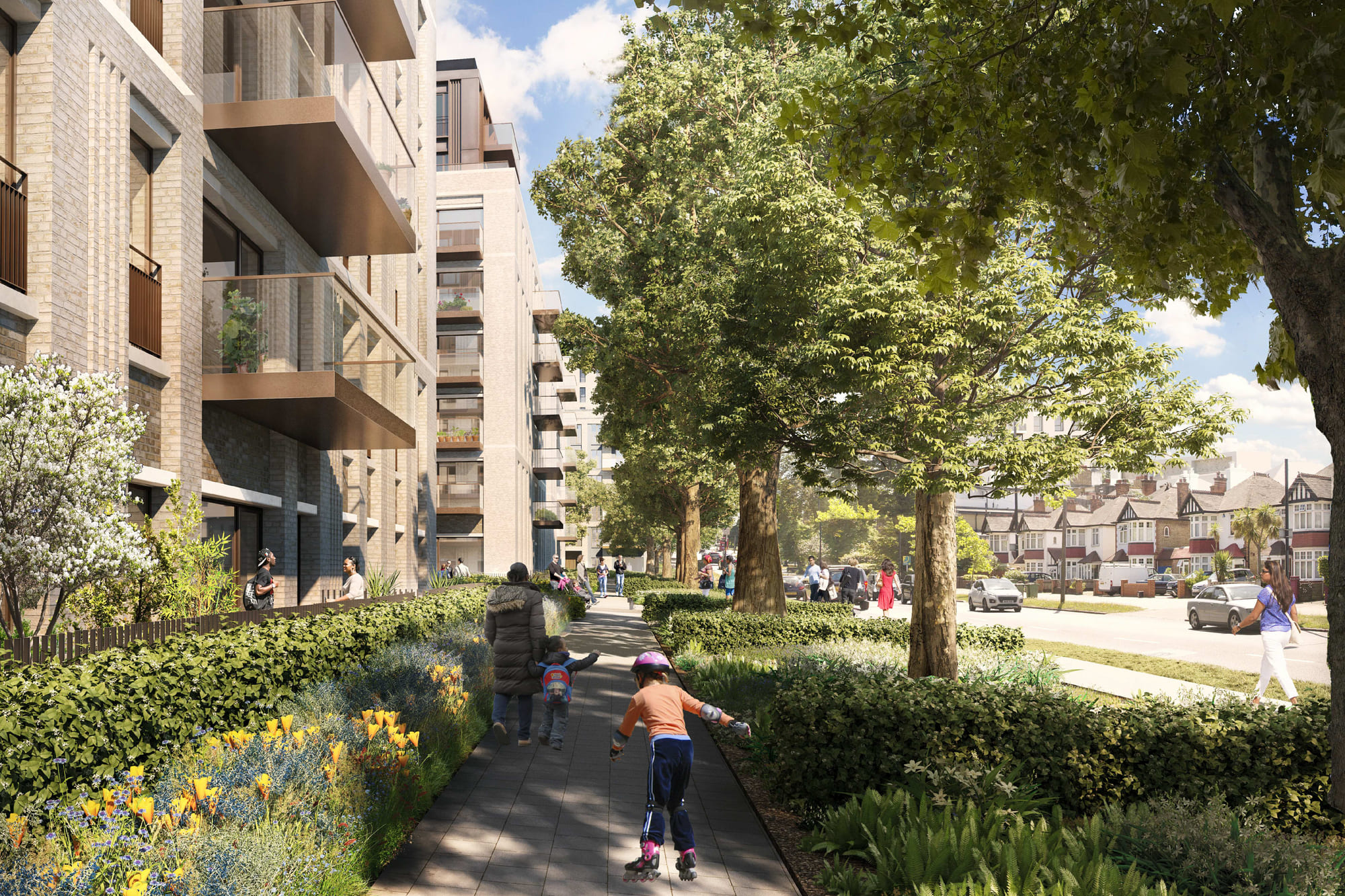



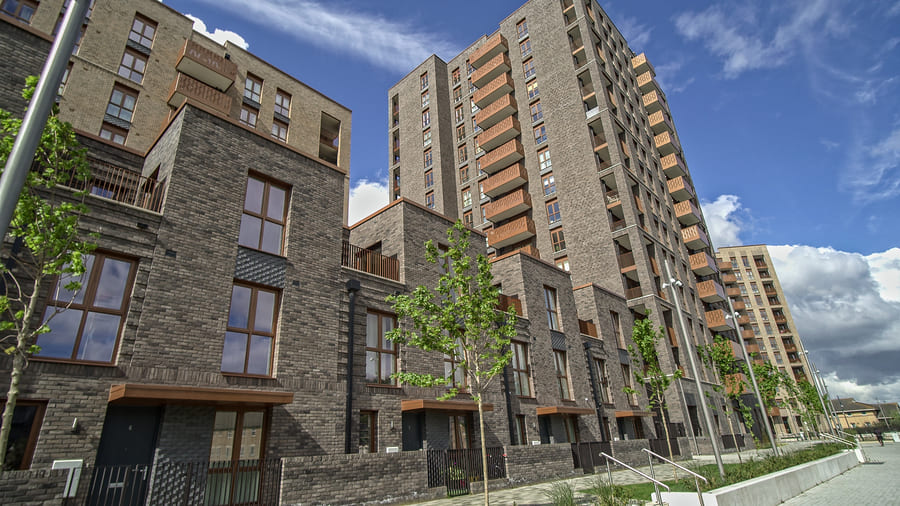

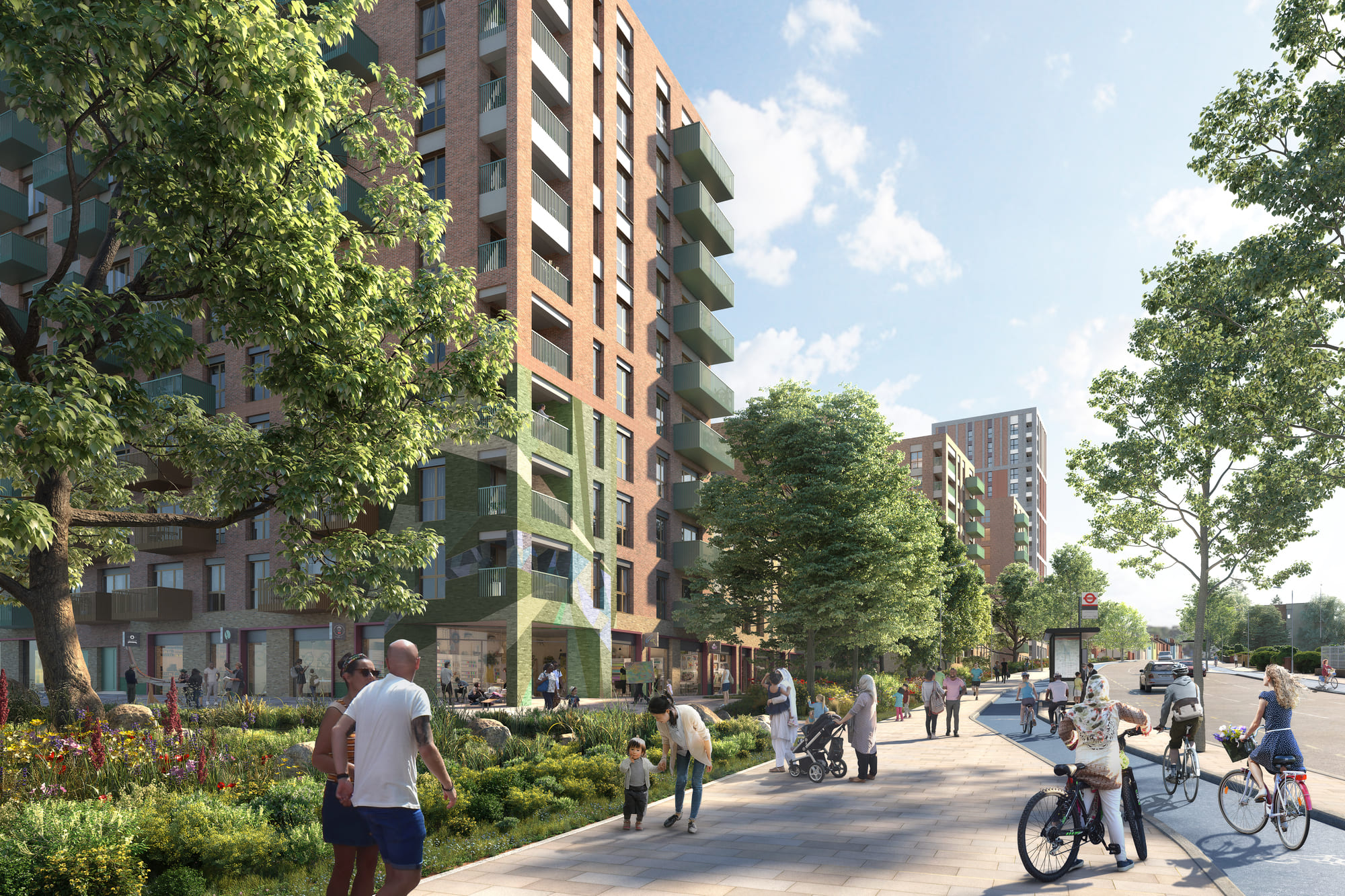

 View all
View all
